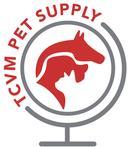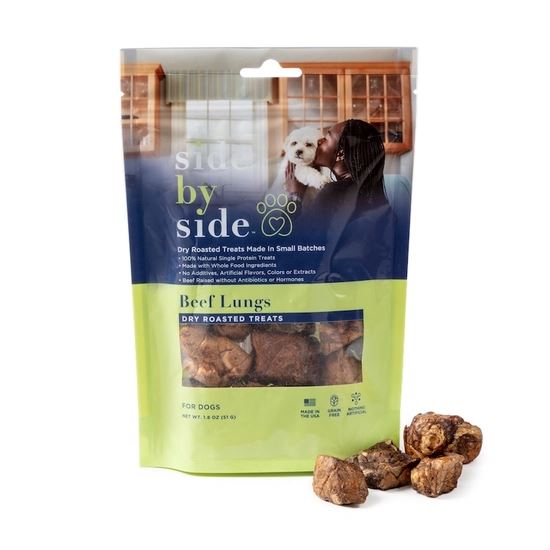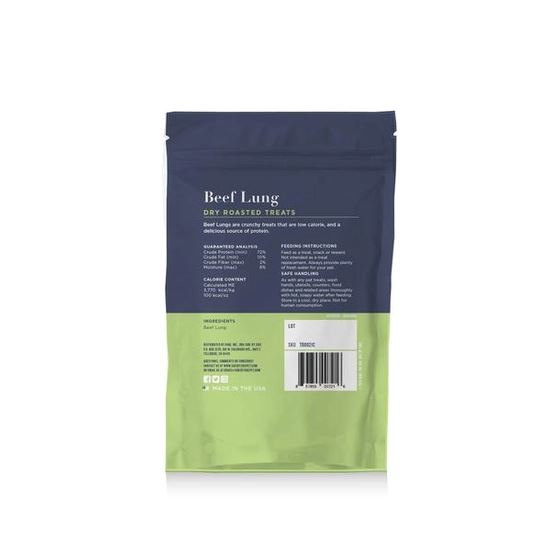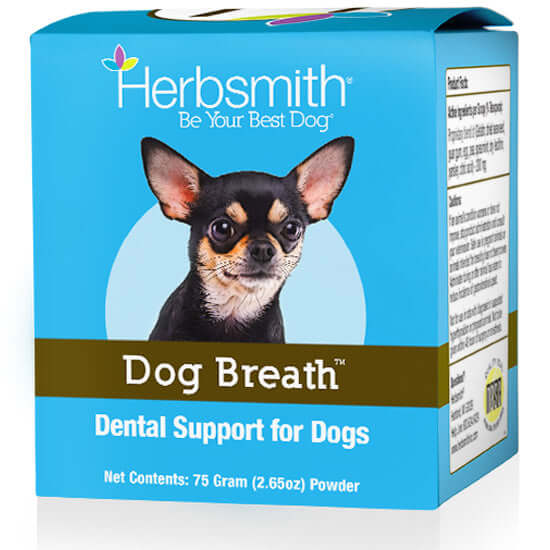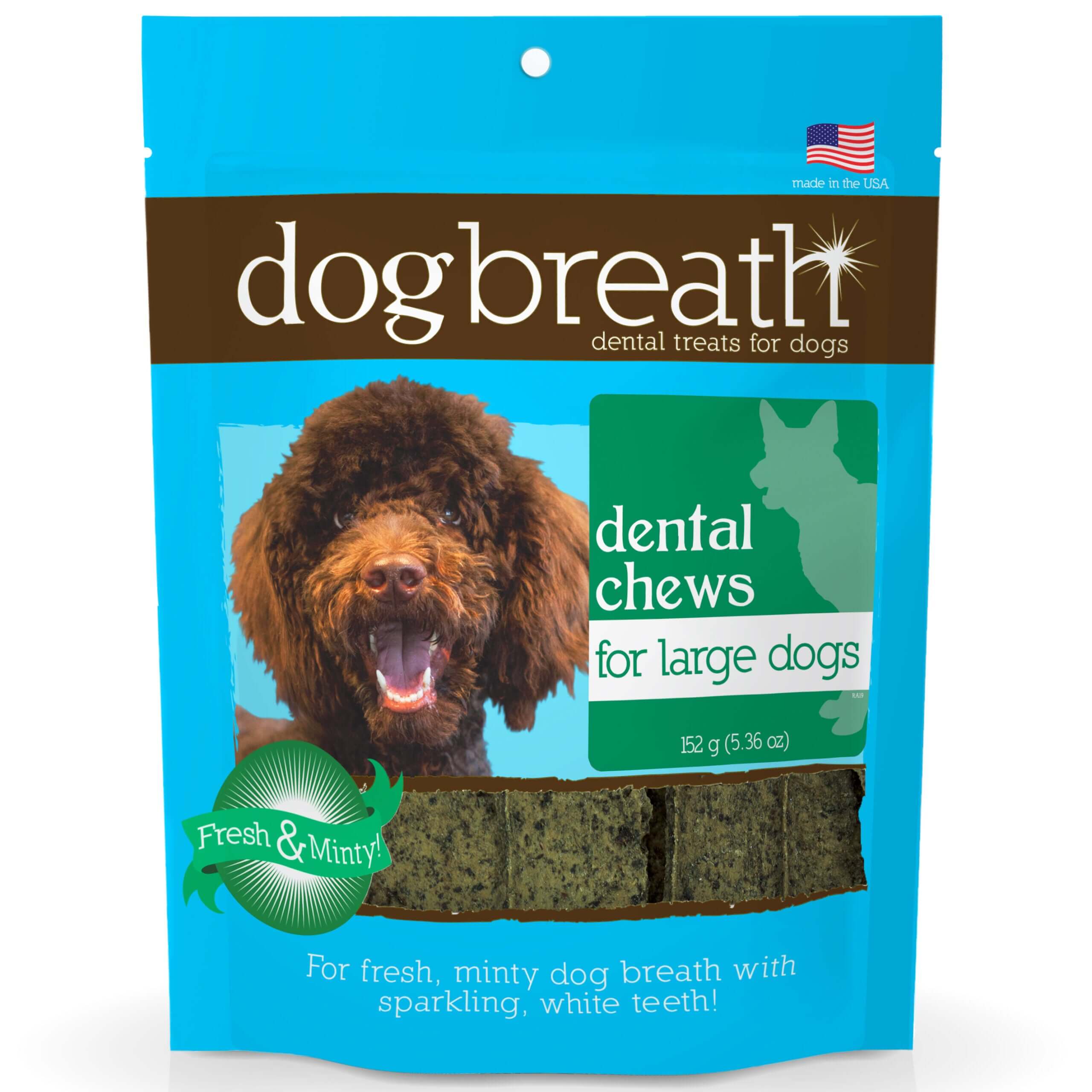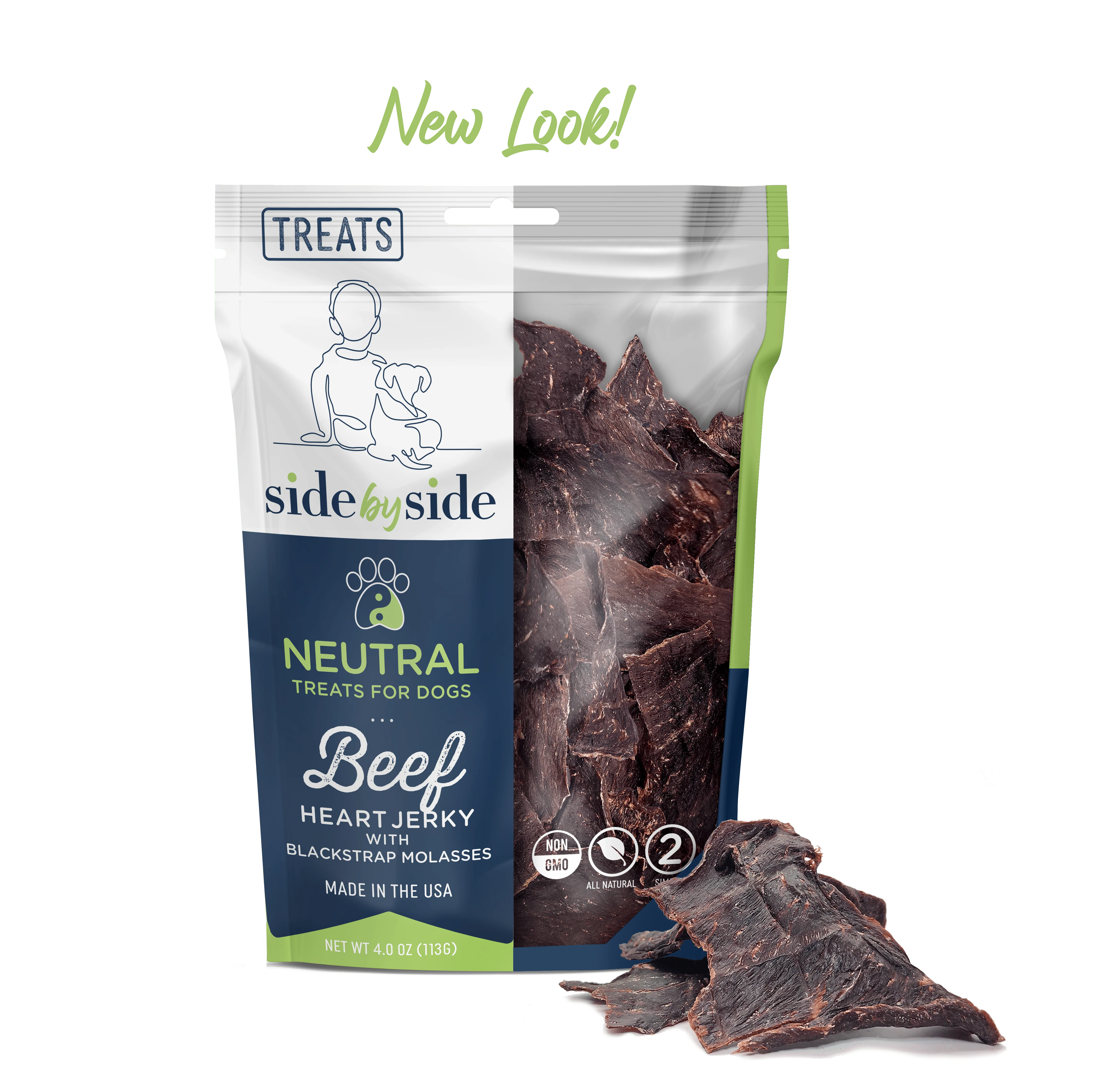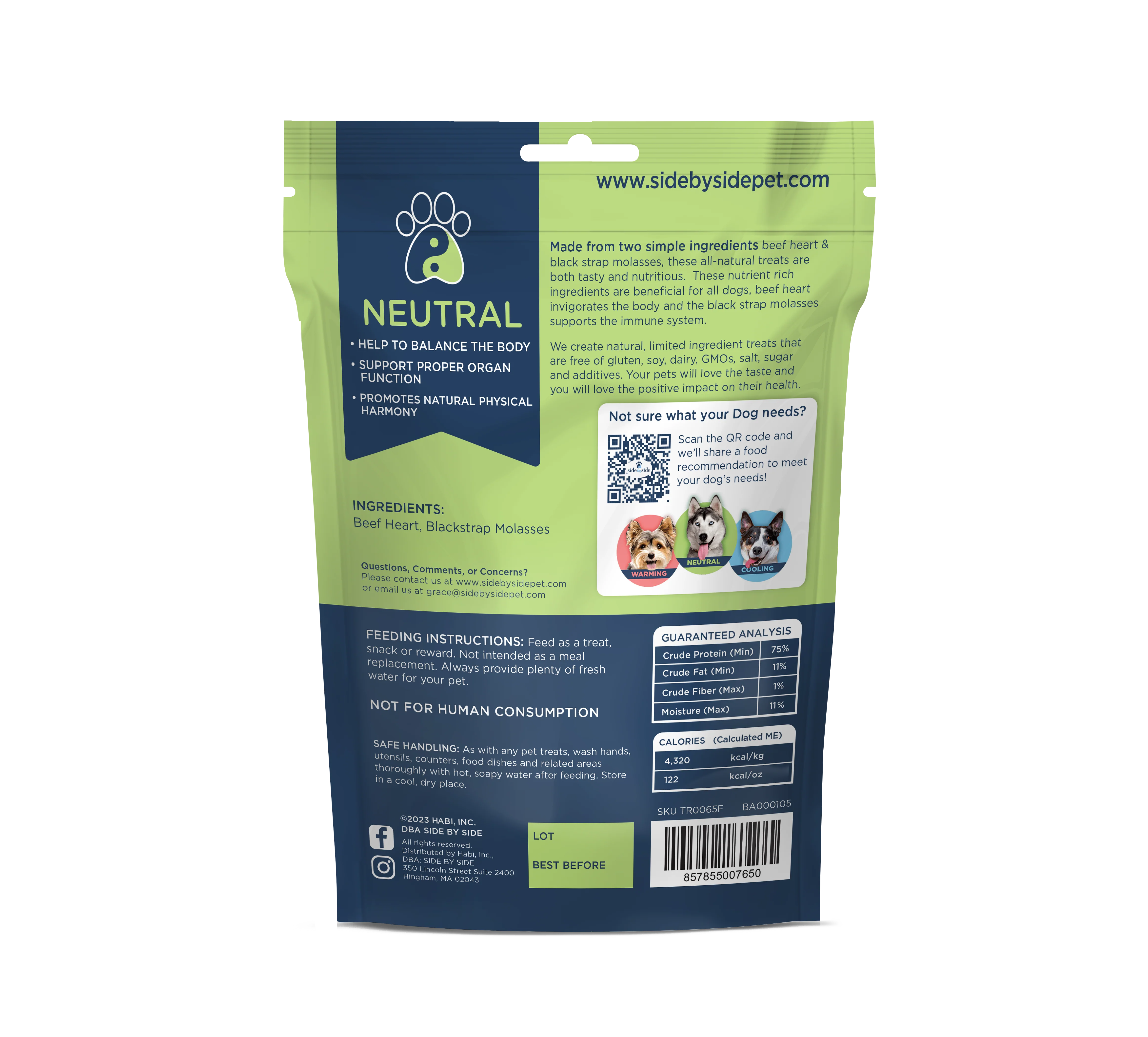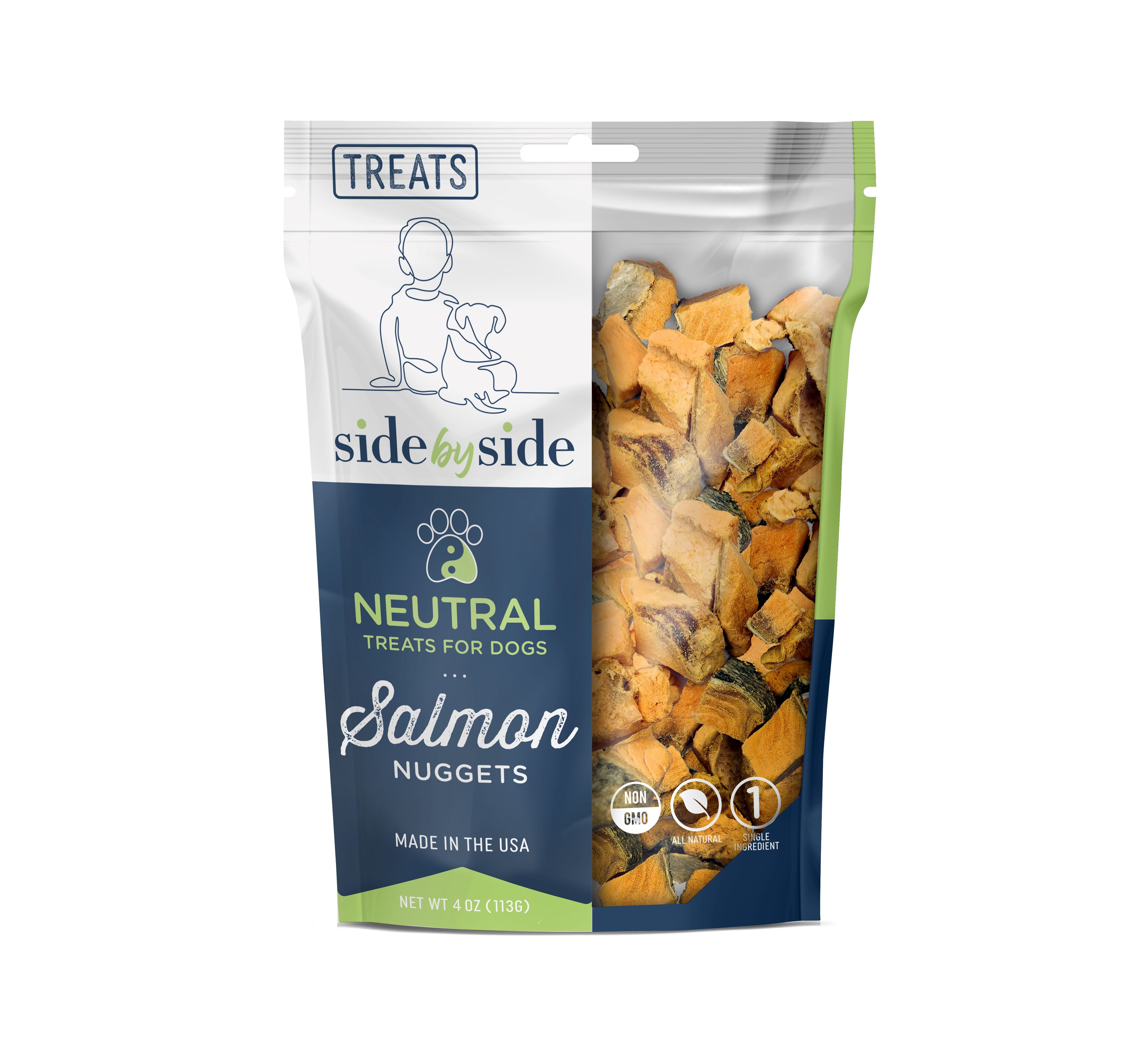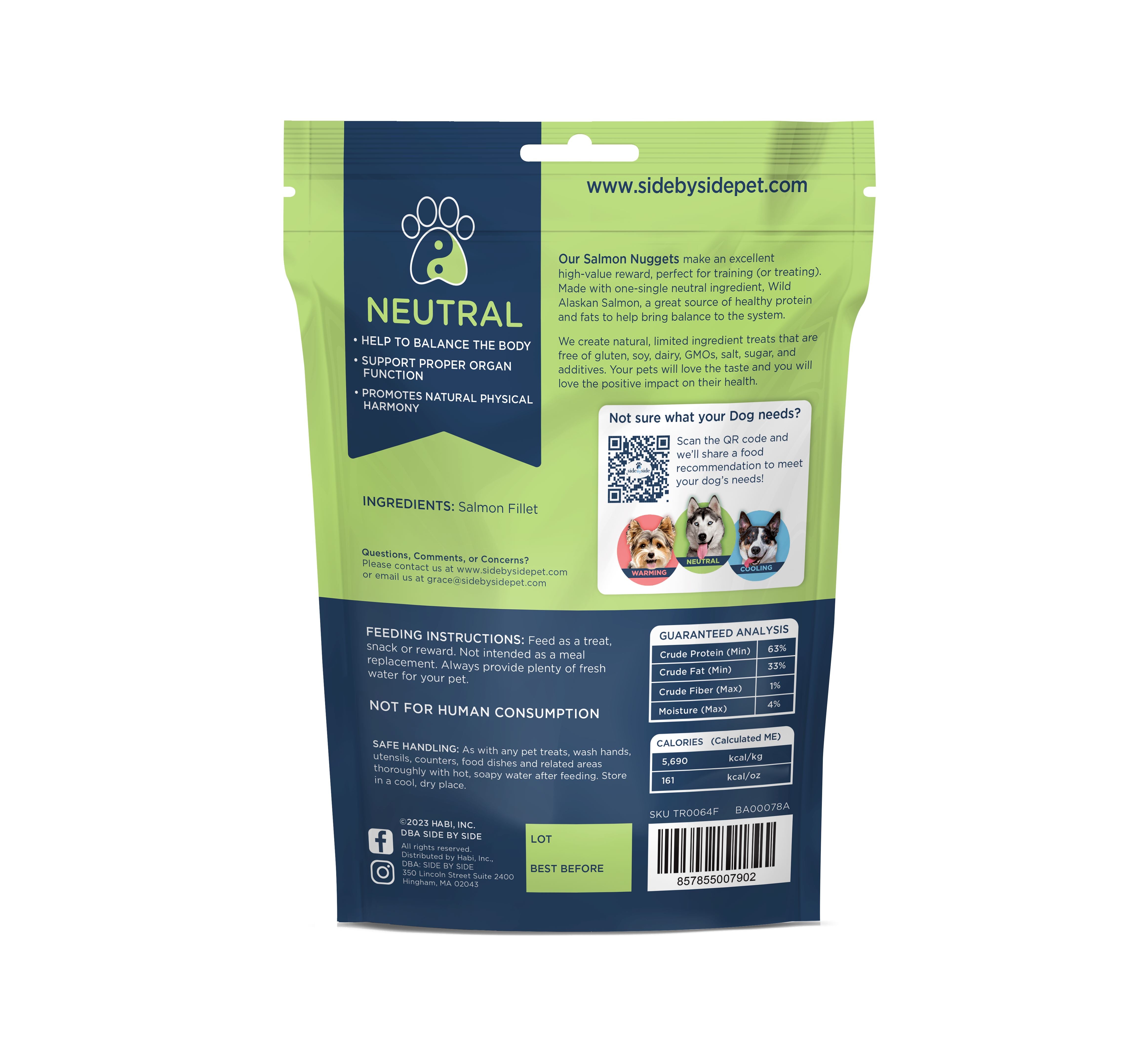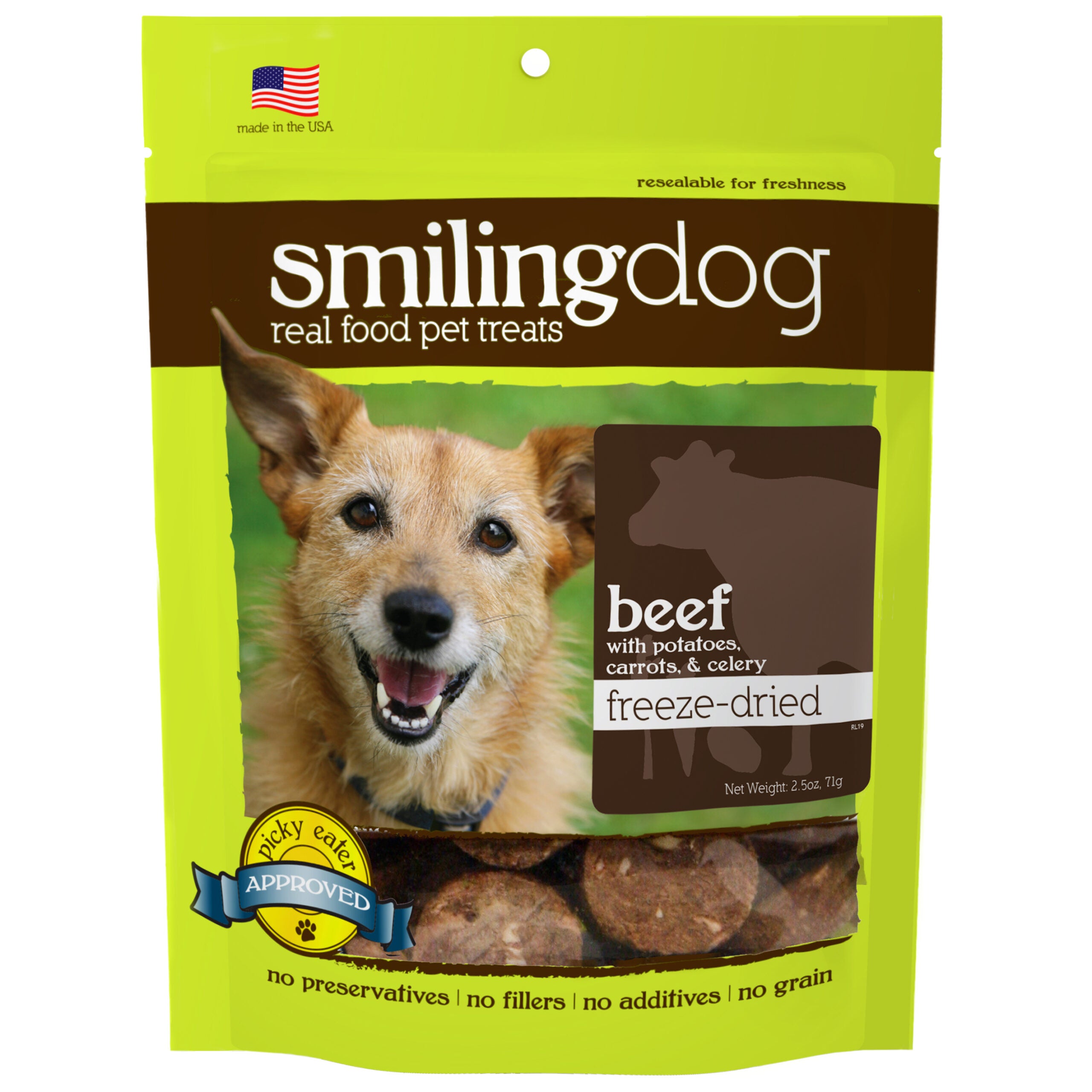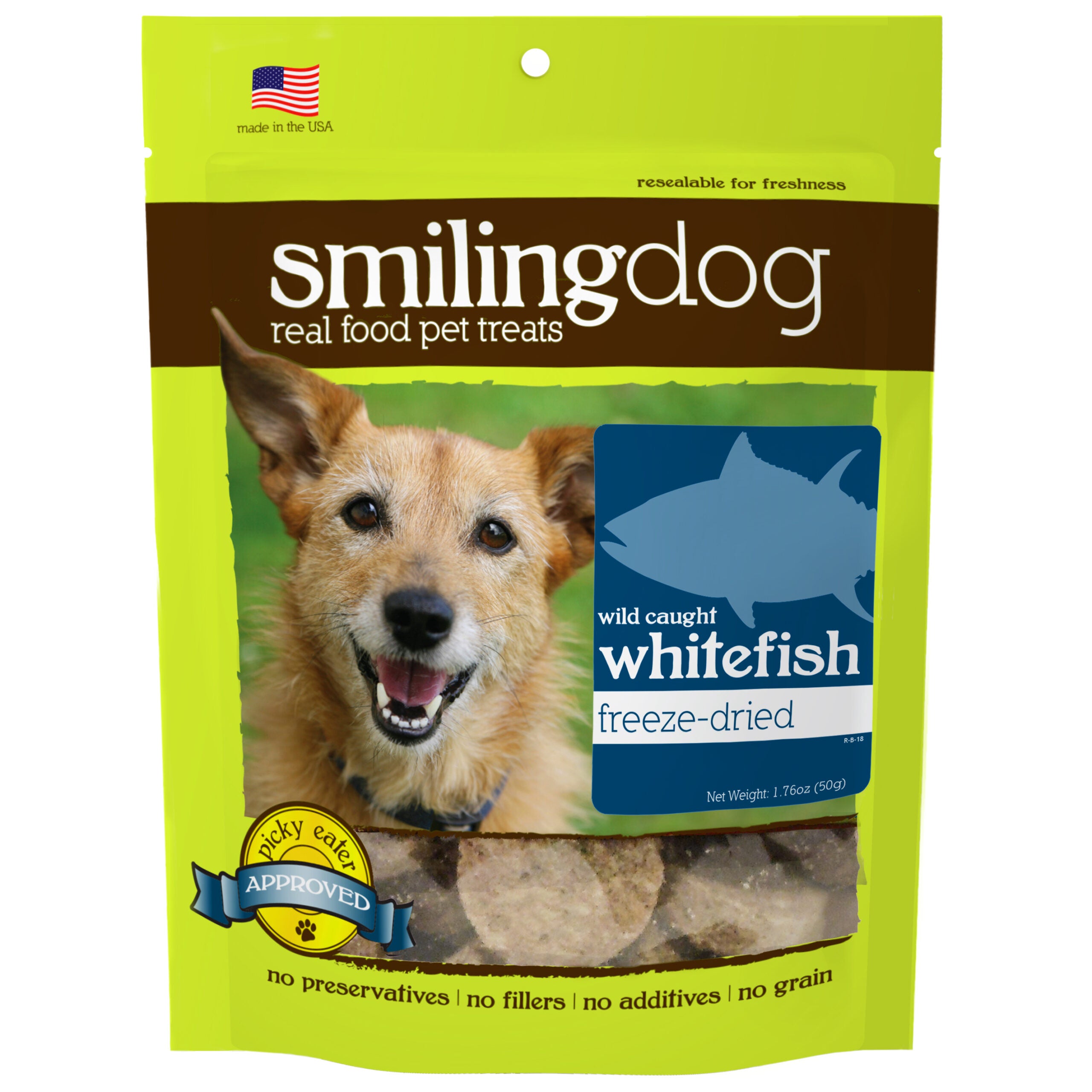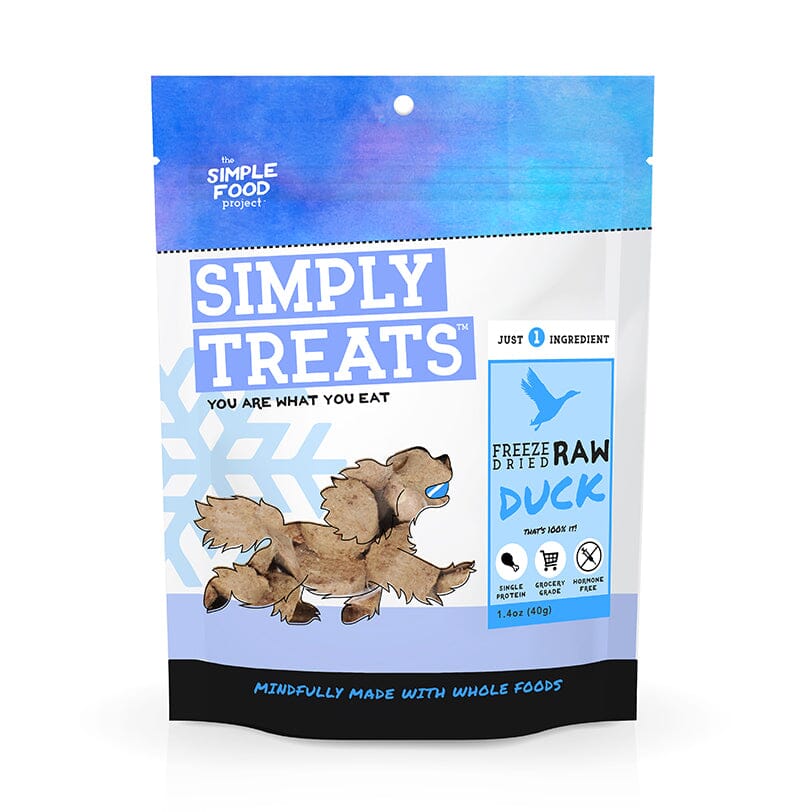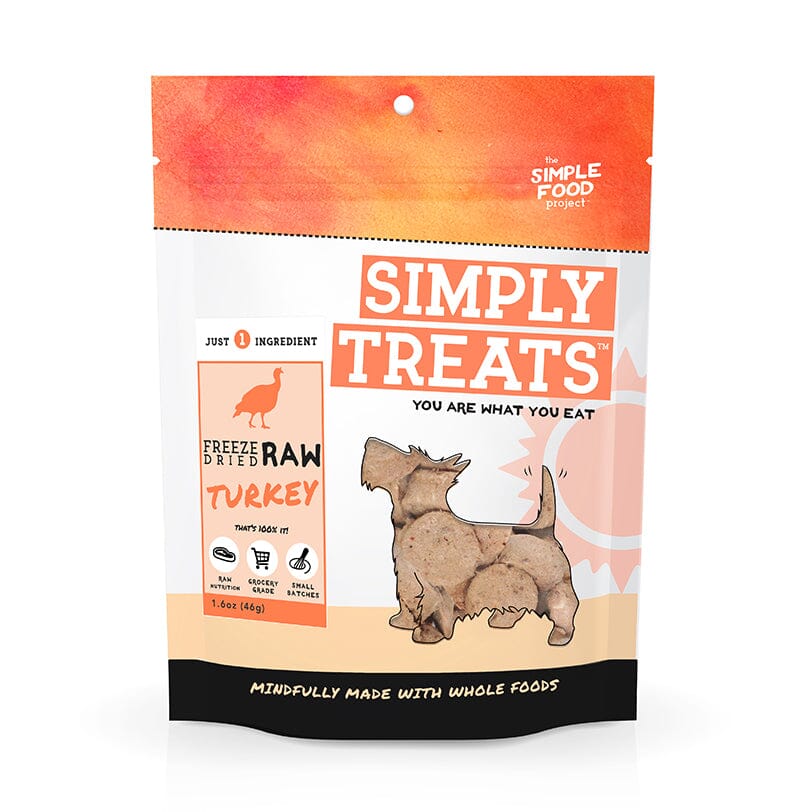
How to Help Traumatic Brain Injury in Dogs and Cats Naturally

Pets, just like you, can face unexpected challenges like traumatic brain injury (TBI).
Traumatic brain injury disrupts their happy and healthy lives, requiring special care and attention.
Imagine the impact on your pet's daily routine—playing, eating, and even their behavior might change drastically after such an incident.
What is Traumatic Brain Injury in Dogs and Cats?
A traumatic brain injury, often referred to as TBI, occurs when an external force injures the brain.
Pets may experience TBIs due to accidents, falls, or trauma. The injuries, although distressing, are not always immediately evident.
Signs such as confusion, seizures, or changes in mood and behavior might manifest after the incident.
How to Recognize a TBI in Your Pet
You play a crucial role in recognizing signs of a TBI.
Your pet may display symptoms like:
- Loss of coordination
- Lethargy or decreased activity
- Seizures or convulsions
- Altered consciousness or confusion
- Unusual aggression or changes in behavior
If you notice any of these symptoms after a fall or accident, seeking immediate veterinary care is crucial.
Immediate attention can make a significant difference in your pet's recovery process.
Nutritional Supplements: A New Approach to Aid Recovery
Beyond traditional treatments, science has explored the potential of nutritional supplements in aiding recovery from traumatic brain injuries in pets.
Research has shown that certain supplements can support brain health and assist in the healing process.
Omega-3 Fatty Acids
Easily accessible in fish oil, these supplements offer unlimited benefits for your pet's brain health.
Our founding veterinarians recomend Vet Classics Salmon Oil Soft Chews as their top choice for Omega-3s.
MCT (Medium-Chain Triglycerides)
Consider supplementing with Medium Chain Triglycerides (MCTs) to support their recovery from traumatic brain injuries.
MCT, found in specific oils like coconut oil, are known for their unique ability to provide a readily available energy source for the brain.
Studies suggest that MCTs can bypass normal digestion pathways, converting quickly into ketones, which serve as an alternative fuel for the brain.
This alternative energy source assists by providing the brain with the necessary fuel it requires during the healing process after a TBI.
By easily crossing the blood-brain barrier and offering a direct source of energy, MCTs play a role in promoting cognitive function and potentially aiding in the recovery of pets affected by TBIs.
Our founding veterinarians recommend Ayush Pet Cocurcumin MCT Coconut Milk Powder.
Ayush Pet CoCurcumin MCT Coconut Milk Powder has the added benefits of Turmeric, Trikatu, and Coenzyme Q10 to boost neurological function.
Turmeric, known for its active ingredient curcumin, possesses anti-inflammatory properties that could aid in reducing inflammation in the brain post-injury.
Trikatu, a combination of black pepper, long pepper, and ginger, is believed to enhance the bioavailability of nutrients, potentially aiding in the absorption of beneficial compounds.
Coenzyme Q10 (CoQ10) is a powerful antioxidant, supporting cellular health and potentially mitigating oxidative stress that often accompanies TBIs.
Antioxidants
New findings suggest that antioxidants, such as vitamins C, E, and beta carotene could play a crucial role in mitigating damage caused by TBIs in pets.
The antioxidant supplements aid in neutralizing harmful molecules and support the brain's natural healing mechanisms.
A high quality pet antioxidant formula should provide appropriate amounts.
Use Food as Medicine
Your pet's diet can significantly impact their recovery. Consider embracing a Traditional Chinese Veterinary Medicine (TCVM) approach to support your pet's recovery from a traumatic brain injury.
An energetically appropriate diet, tailored to your pet's specific needs based on TCVM principles, focuses on balancing the body's energy.
An energetically appropriate diet encompasses warming or cooling foods to regulate energy flow, aiding in the healing process post-TBI.
By incorporating foods that harmonize your pet's body energetically, such as warming proteins or cooling vegetables, the food therapy approach aims to restore balance and enhance overall well-being.
TCVM practitioners believe energetically appropriate diets can help reduce inflammation, promote circulation, and support the body's natural ability to heal, potentially contributing to a smoother recovery journey for your beloved pet.
Always consult your veterinarian before introducing new supplements or making changes to your pet's diet.
TCVM Herbal Formulas for Traumatic Brain Injury in Dogs and Cats
Explore the potential of Traditional Chinese Veterinary Medicine (TCVM) herbal formulas in supporting your pet's recovery from traumatic brain injuries (TBIs).
TCVM practitioners often prescribe specific herbal blends tailored to address the individual pet's constitution and symptoms.
For example, our founding vets often use Jing Tang's Stasis in Mansion of Mind or Sunlight Nutriherb Bright Mind for head trauma.
However, there are many different TCVM herbal formulas to help, and finding the correct formula requires a consultation with a TCVM-trained veterinarian.
In conclusion, being aware of the signs of a traumatic brain injury in your pet is essential. Recognizing these signs early and seeking immediate veterinary care is crucial for their well-being.
Integrating supplements into their diet can aid their recovery post-injury.
Remember, consult with your veterinarian to find the best approach for your pet's unique needs.
As you care for your furry friend, embracing new possibilities in nutritional support could be the key to their healthy and happy life after a traumatic brain injury.
Need Extra Help for Your Pet's Traumatic Brain Injury?
If you ever feel like you need extra help in managing your pet's traumatic brain injury naturally or with TCVM herbal blends we can help.
TCVM Pet Supply co-founding veterinarians, Dr. Marc Smith and Dr. Casey Damron, offer TCVM telemedicine consultations.
If you get a TCVM telemedicine consultation, you'll get personalized TCVM recommendations specific to your pet, including:
- TCVM Evaluation
- Food Therapy Recommendations
- TCVM Herb Recommendations & Veterinary Authorization
- Supplement Recommendations
- Alternative Medicine Recommendations
If you reside in the Middle Tennessee area or would like to commute, you may choose an in-clinic appointment instead.
You can learn more about each vet and contact the clinic you prefer directly:
- Marc Smith, DVM, MS - Natchez Trace Veterinary Services
- Casey Damron, DVM, CVA - White Oak Animal Hospital
We hope this information helps you and wish you the best in helping your dog feel better!
References:
- Hospital, B. P. (2023, October 2). Brain injury in pets - BluePearl Pet Hospital. BluePearl Pet Hospital. https://bluepearlvet.com/pet-blog/brain-injury-in-pets/
- Farkhondeh, T., Samarghandian, S., Roshanravan, B., & Peivasteh-Roudsari, L. (2020). Impact of curcumin on traumatic brain injury and involved molecular signaling pathways. Recent Patents on Food, Nutrition & Agriculture, 11(2), 137–144. https://doi.org/10.2174/2212798410666190617161523
- Kalaycı, M., Unal, M. M., Gül, Ş., Açıkgöz, Ş., Kandemır, N. O., Hancı, V., Edebali, N., & Açıkgöz, B. (2011). Effect of Coenzyme Q10 on ischemia and neuronal damage in an experimental traumatic brain-injury model in rats. BMC Neuroscience, 12(1). https://doi.org/10.1186/1471-2202-12-75
- Kumar, P. R., Essa, M. M., Al-Adawi, S., Dradekh, G., Memon, M. A., Akbar, M., & Manivasagam, T. (2014). Omega-3 fatty acids could alleviate the risks of traumatic brain injury – a mini review. Journal of Traditional and Complementary Medicine, 4(2), 89–92. https://doi.org/10.4103/2225-4110.130374

